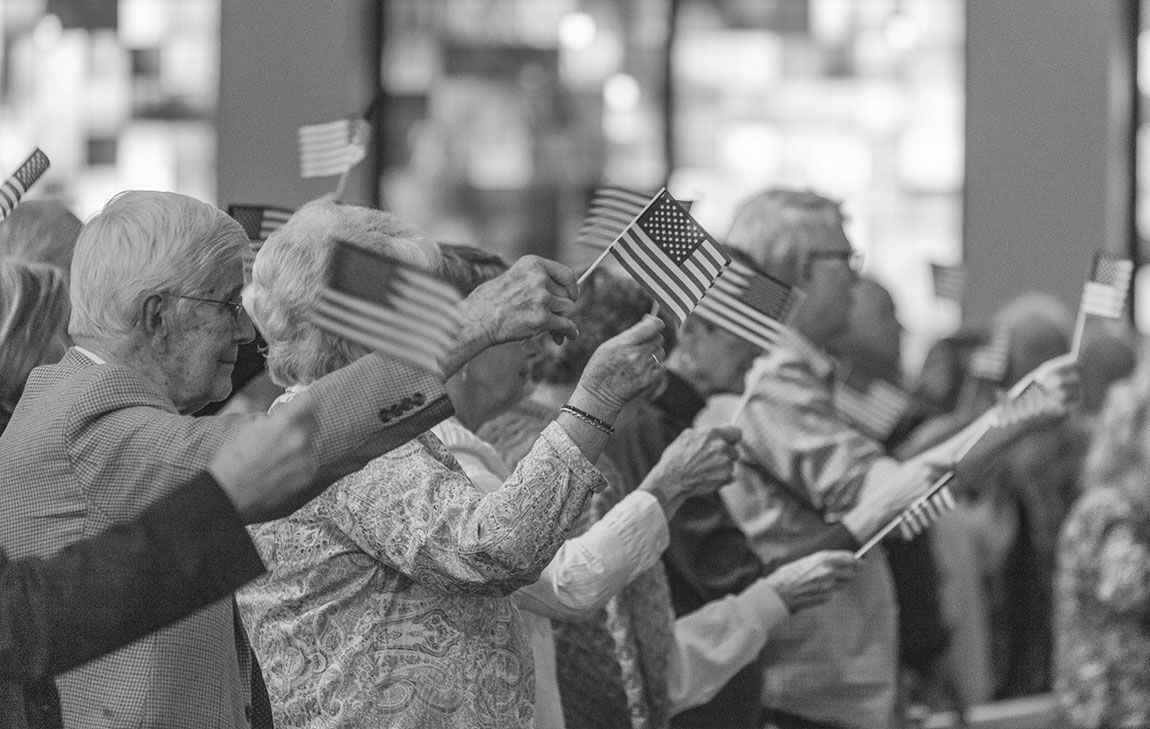Remembering Veterans on Memorial Day Weekend
For many, Memorial Day is known only as a three-day weekend and the unofficial beginning of summer. However, the day is more than an opportunity to barbecue. It was first introduced after the American Civil War as a time when families on both sides of the conflict could mourn their fallen loved ones. Known then as “Decoration Day,” it was a time to honor and memorialize soldiers and begin bringing a nation back together to heal and find common ground in peace.

Today, Memorial Day is a time to remember all of our country’s fallen soldiers. It can also be a good opportunity to remember others who have died and to set aside time for grief and remembrance.
Whether you have
recently lost a loved one, wish to pay respects to your ancestors, or want to honor your community, Memorial Day can be a beautiful time to visit a cemetery and reflect.
Ways to Observe Memorial Day
There are many ways to honor the memory of our fallen veterans. Some people choose to purchase a red poppy and wear it to commemorate a life. Others may watch a film or documentary about the military or donate their time or money to a cause that supports veterans.
One of the meaningful things you can do on Memorial Day is visit a cemetery, whether or not you have a specific relative you’re visiting. In fact, the holiday is a wonderful opportunity to visit older graves and those that don’t usually have flowers or decorations.
When visiting a cemetery for Memorial Day or any other time, here are a few tips and etiquette rules to keep in mind:
- Always check the specific rules and decoration policies of the cemetery as they can vary from one cemetery to the next. For example, some allow flags and other specialty decorations on Memorial Day but require you to retrieve them after the holiday. Others may have rules about silk flowers and other non-biodegradable items.
- Be respectful of other visitors. Cemeteries are a place of quiet reflection. Remember that others may be in mourning from a recent loss. Remember also that a cemetery is a holy place, like a church, and treat it with appropriate reverence. Avoid loud music, shouting, rambunctious play, and certainly never leave trash behind or damage the landscaping.
- Feel free to pay your respects and tend to the grave of anyone, even people you don’t know. Sometimes, the dead have no living relatives, or their loved ones are not able to visit frequently. It is always appropriate to respectfully leave flowers or refresh the decorations on a gravesite. If their family members do come to visit later, they will be touched to know that others care.
If you have children, Memorial Day can be a beautiful time to educate them about grief, mourning, and the value of having a permanent resting place for people to visit. Kids can learn proper cemetery etiquette and practice decorating a grave, which makes the topic of death feel less taboo. When they get older, they’ll feel more comfortable visiting a cemetery instead of feeling frightened or awkward. Veterans’ cemeteries especially can also be a tool for teaching the next generation about war, sacrifice, and the history of a community.
How Horan & McConaty Honors Veterans Year Round
Memorial Day is an important occasion, but it’s important to honor our vets at all times of the year. At Horan & McConaty, we are honored to stand by veterans and their families in mourning, and we will do what we can to lay them to rest with dignity and care at the end of their lives.
One important element of this is understanding with veterans’ benefits and military honors an individual is entitled to, and facilitating those arrangements for the family. We will help complete the necessary paperwork and make the arrangements with the VA as necessary. We also work closely with Fort Logan National Cemetery, where veterans and their eligible spouses can be buried or have their ashes interred at no charge.
Read more about our veteran services, or reach out today at
(303) 745-4418 to speak with a funeral director with questions. We are here for you.



